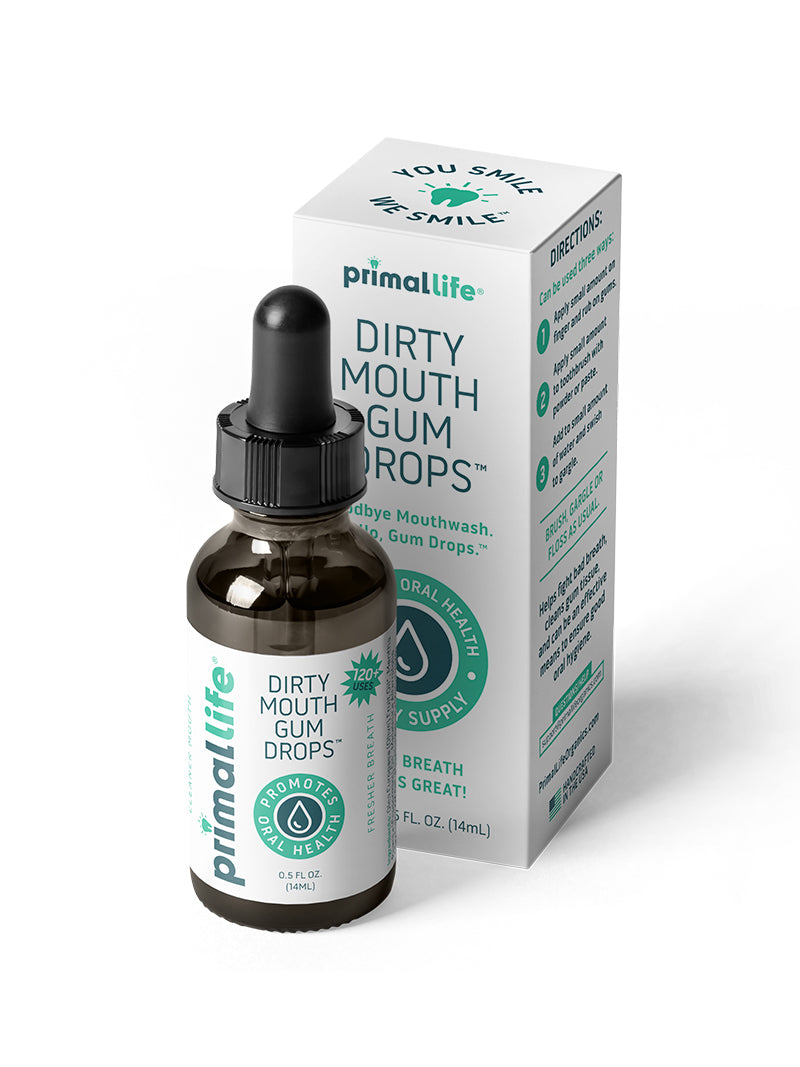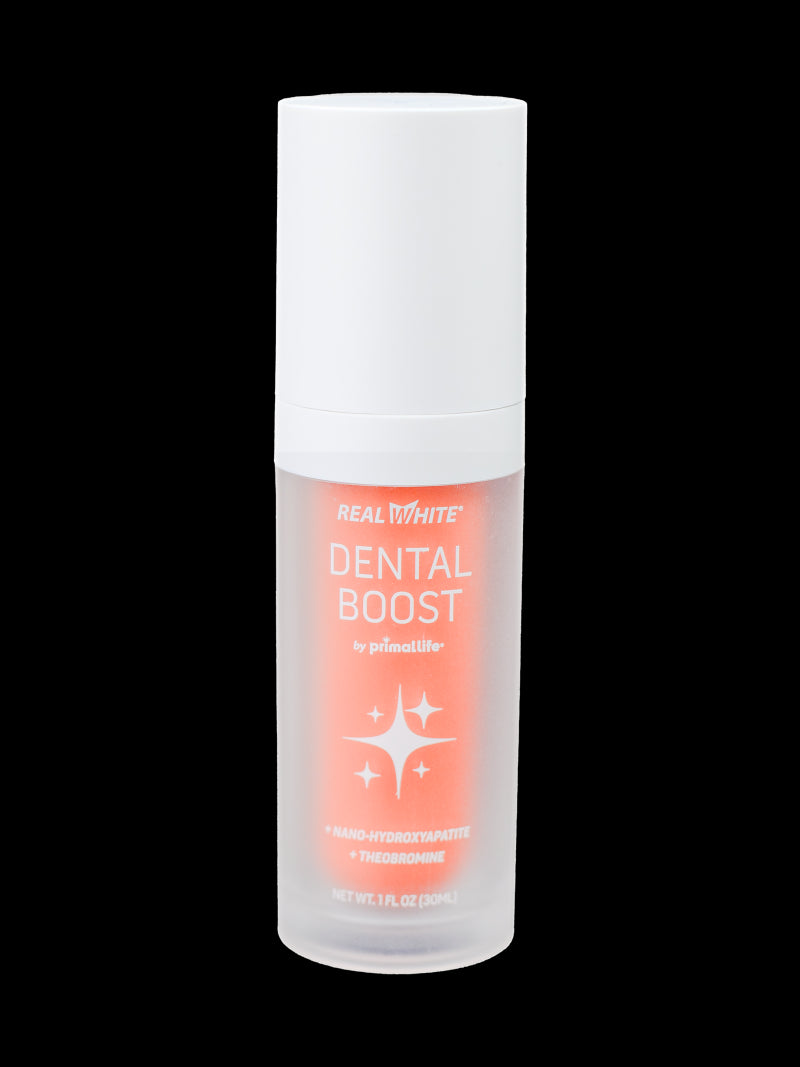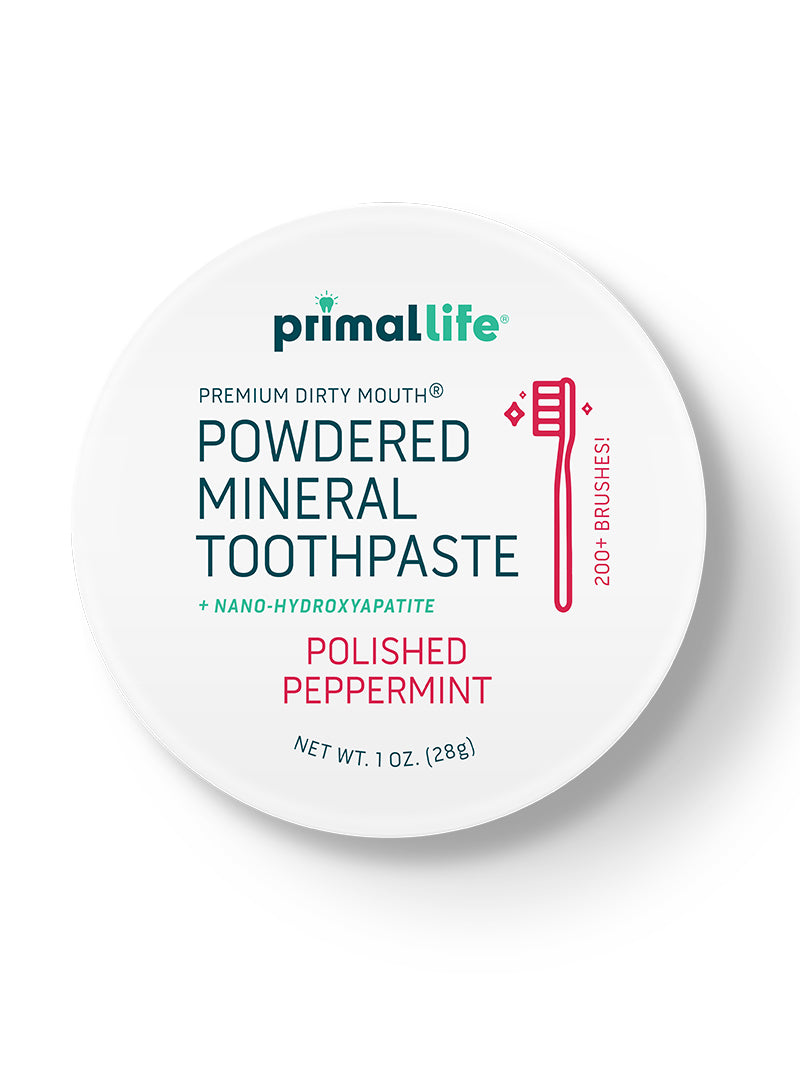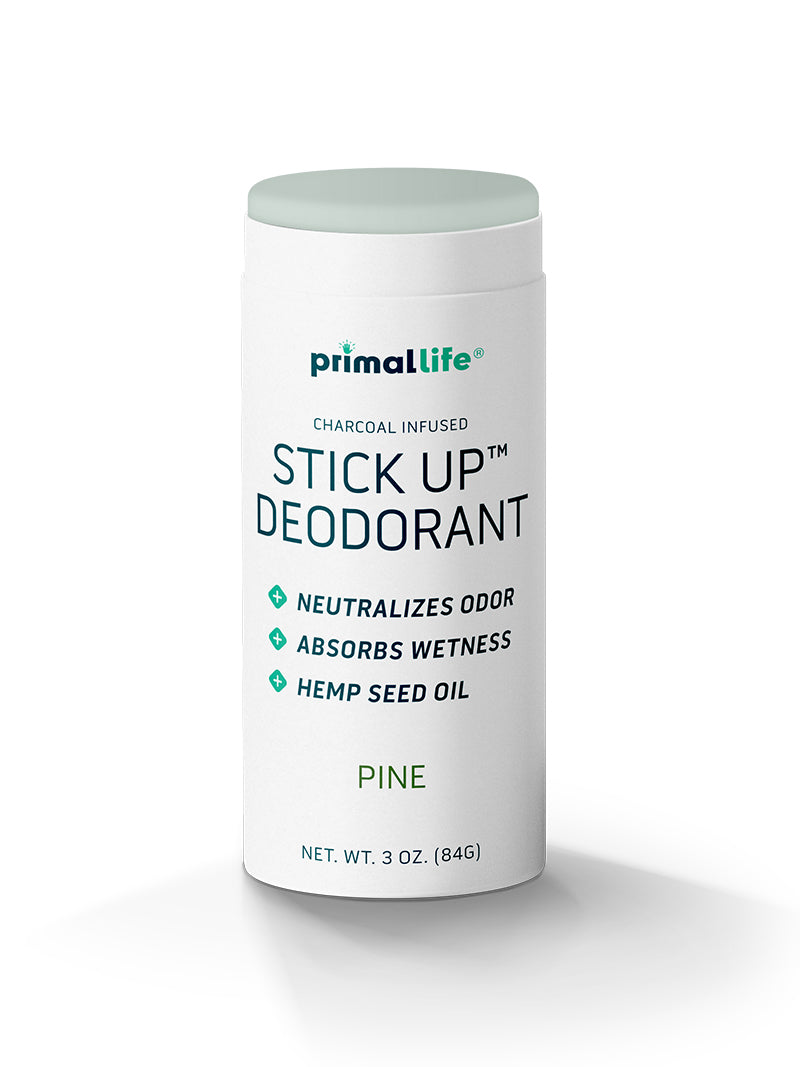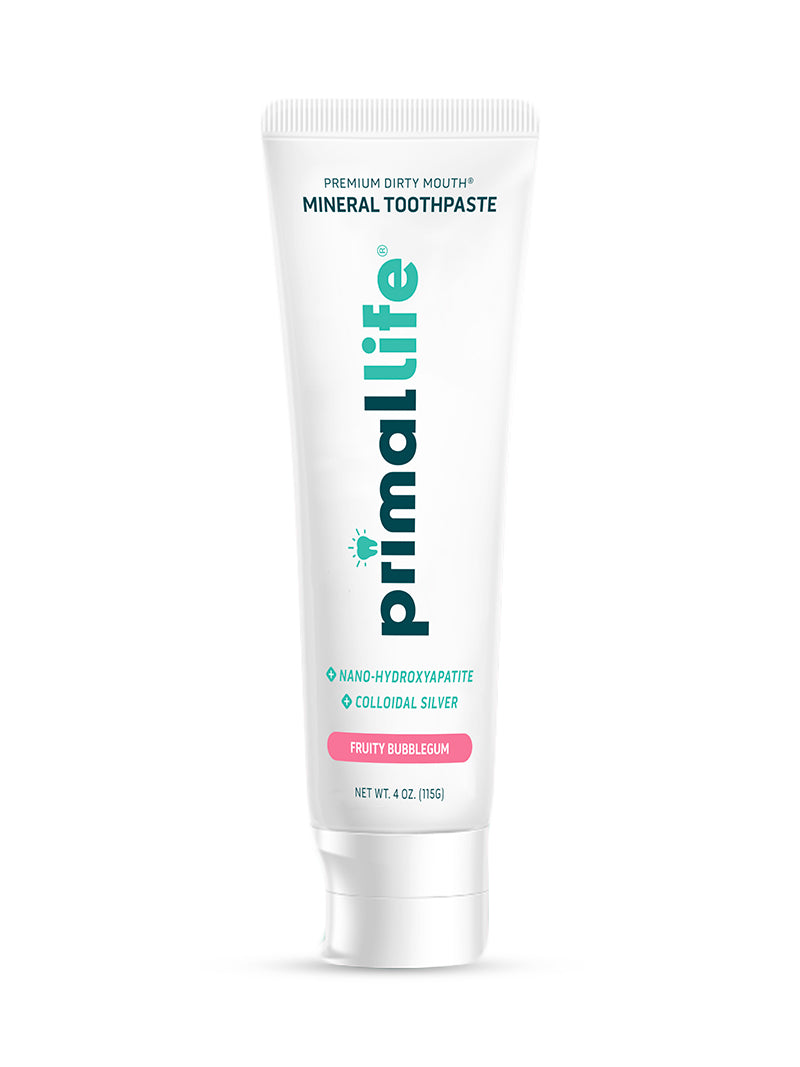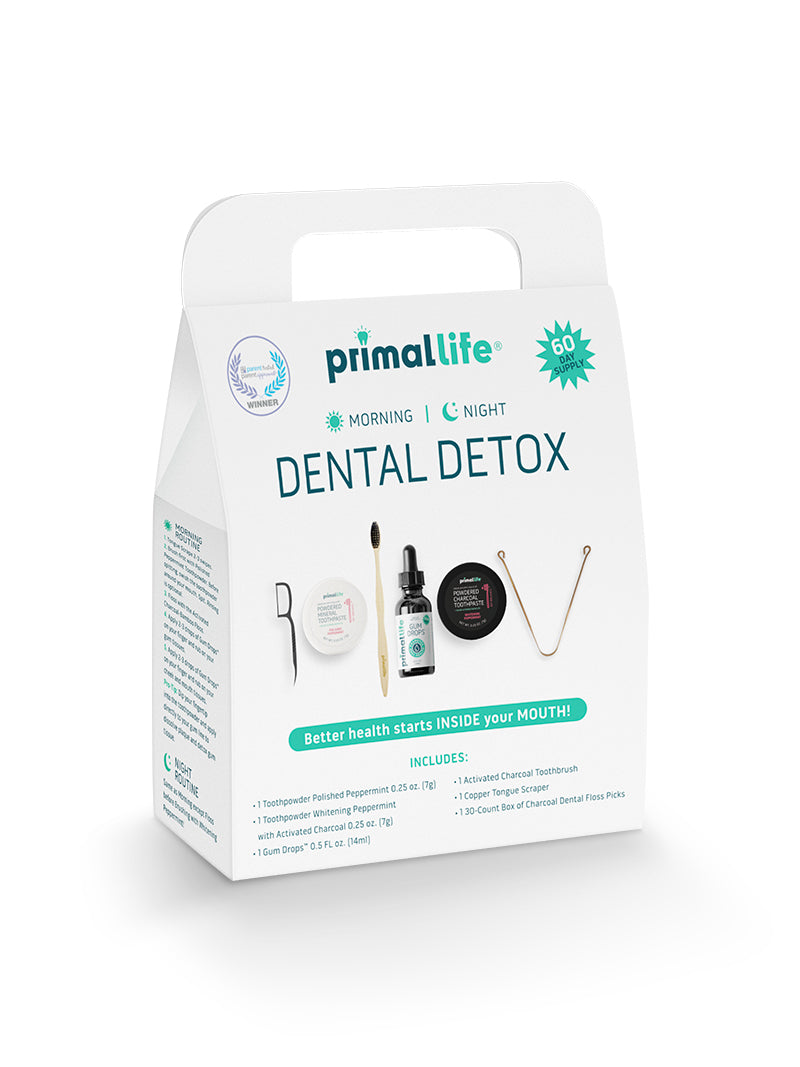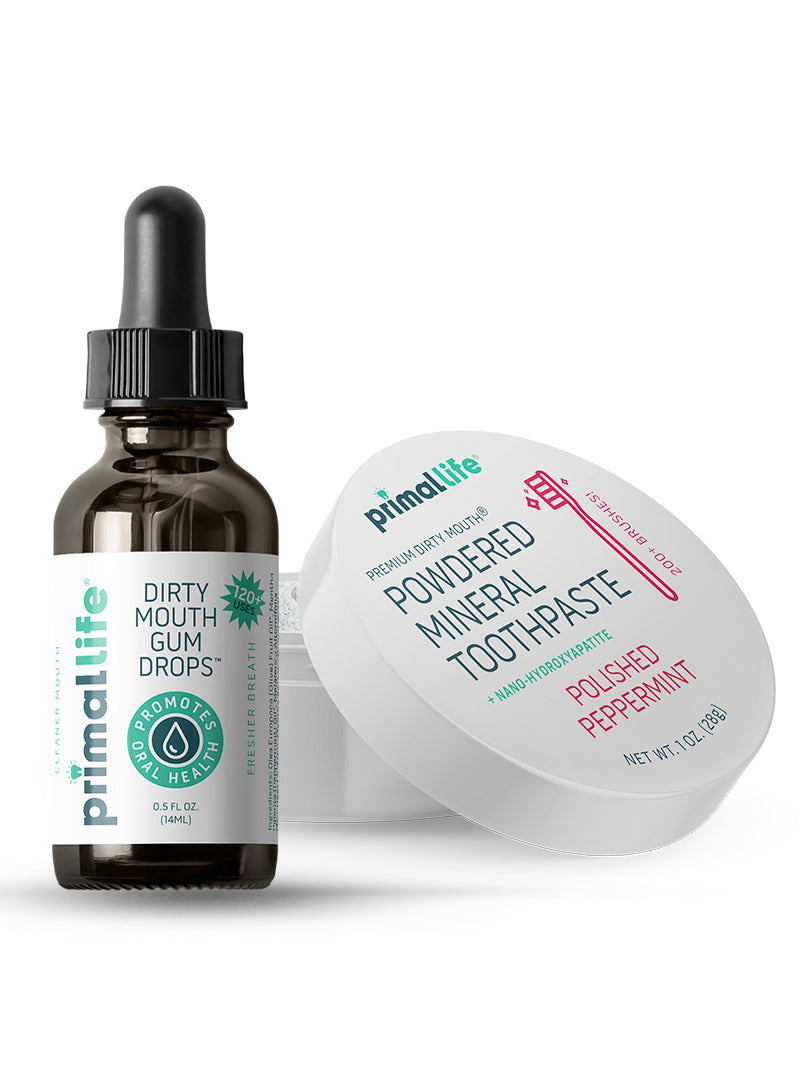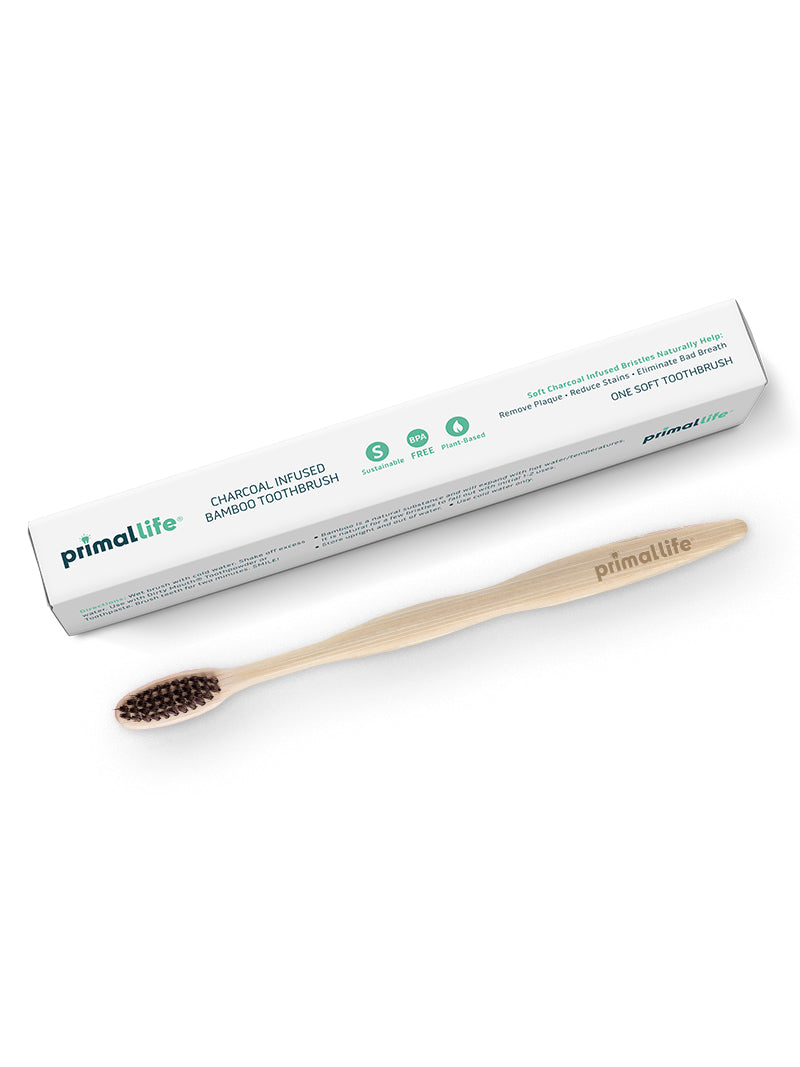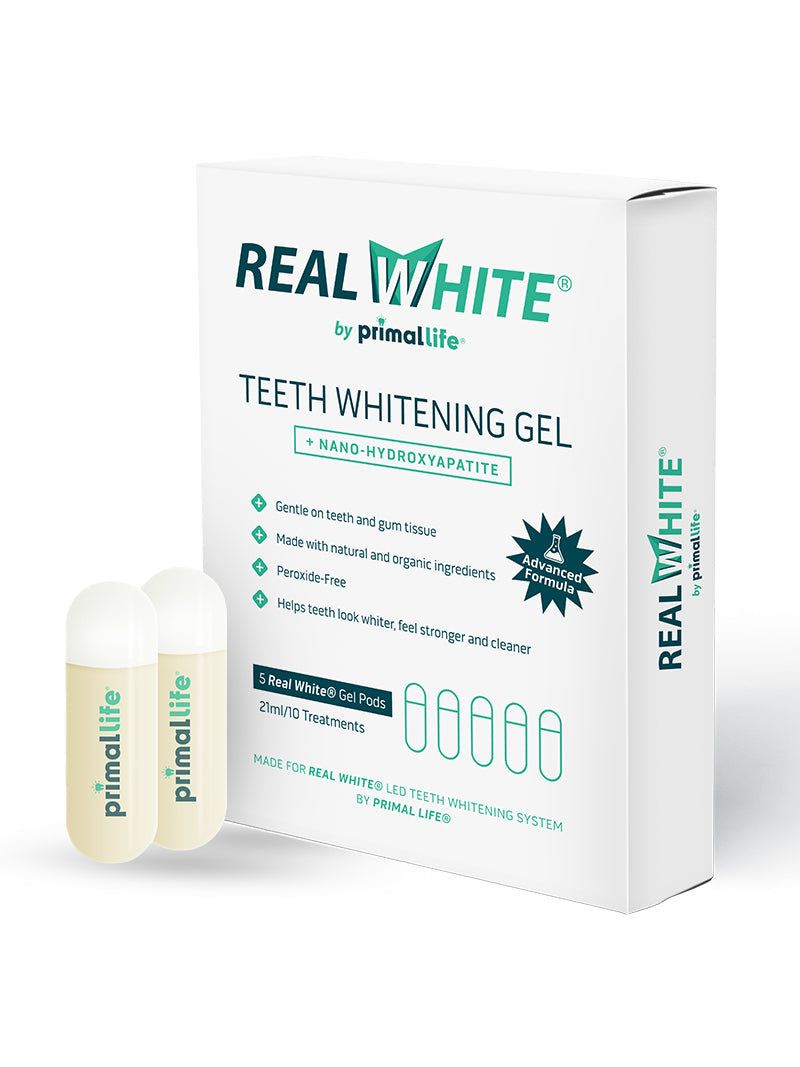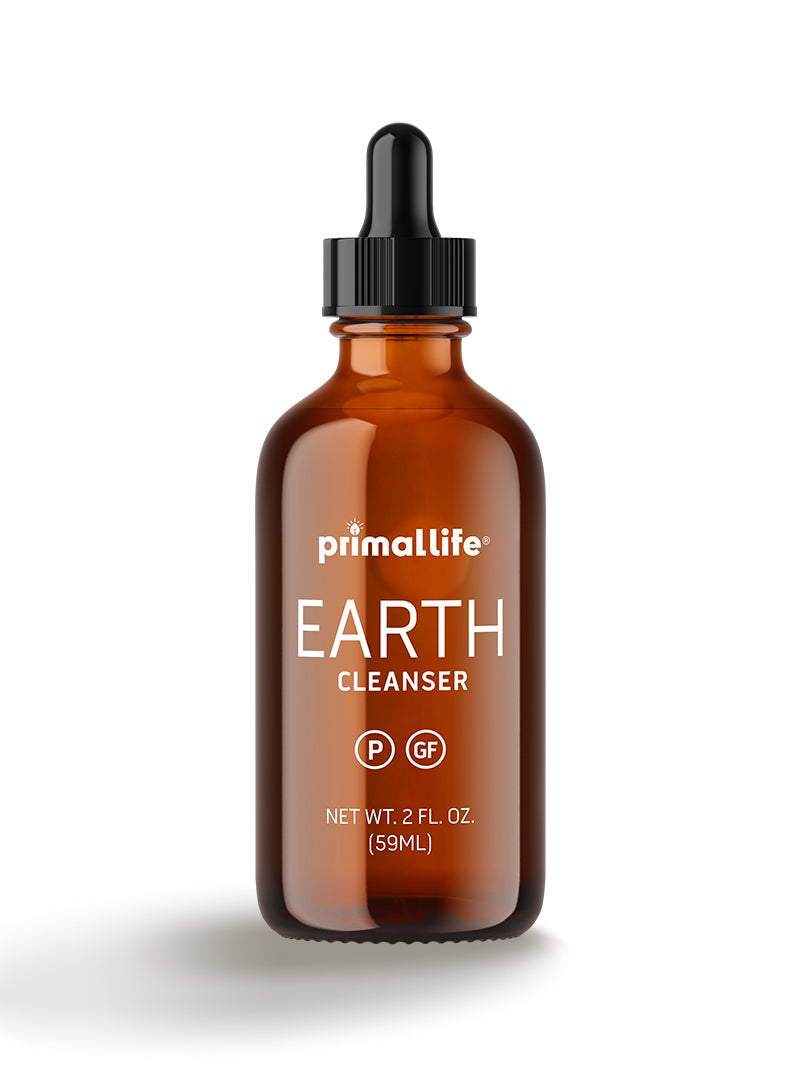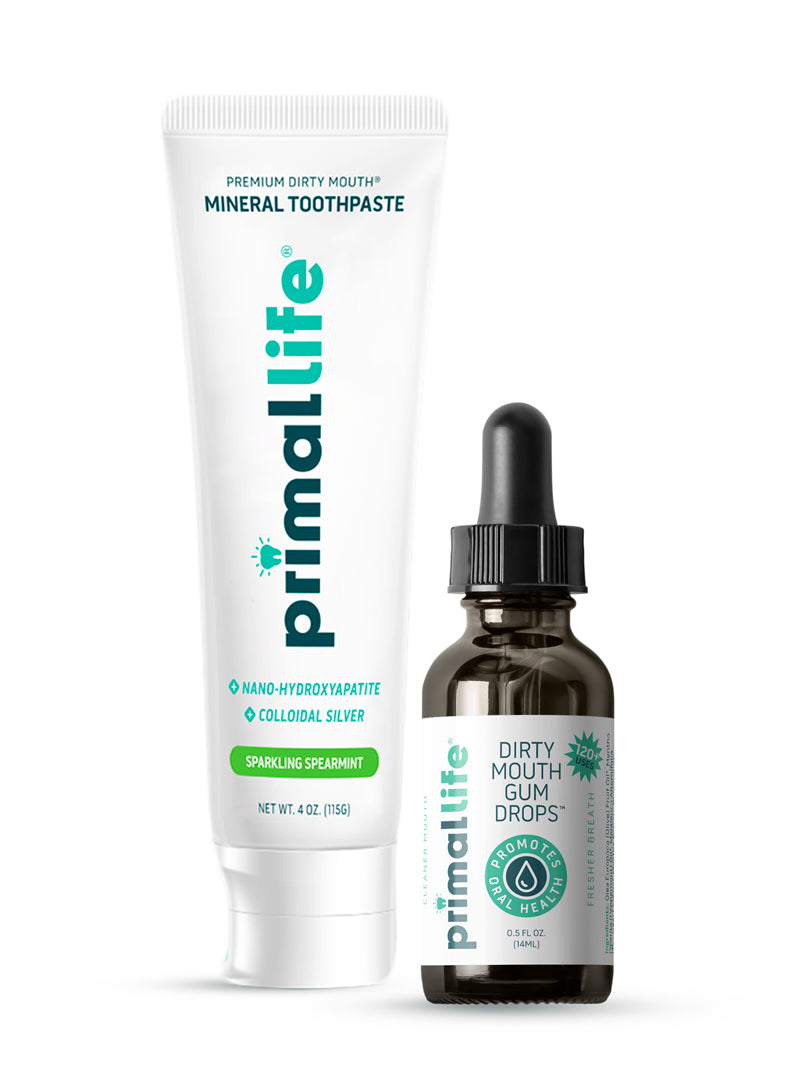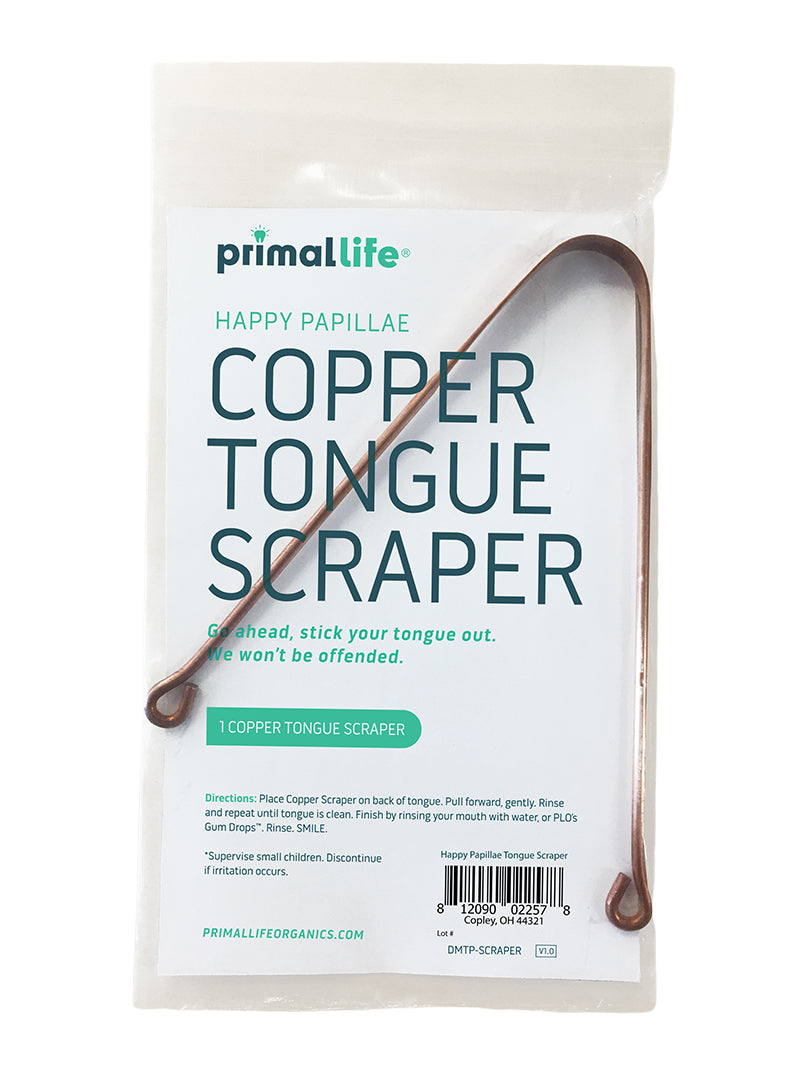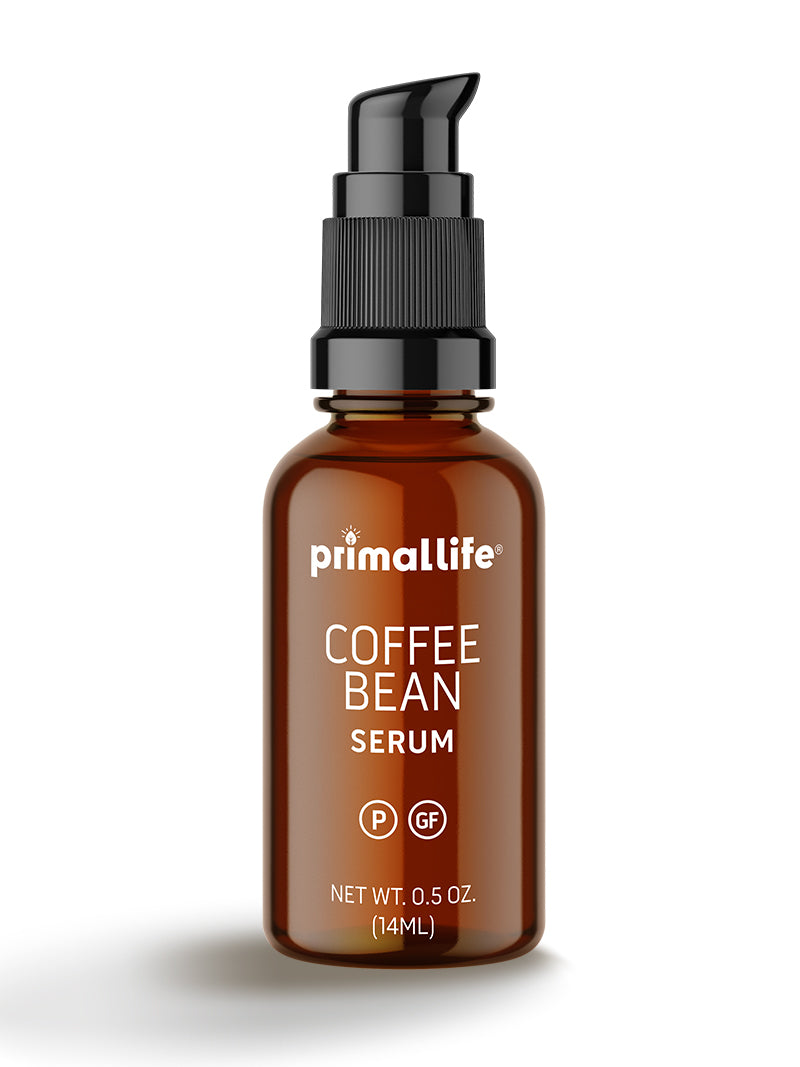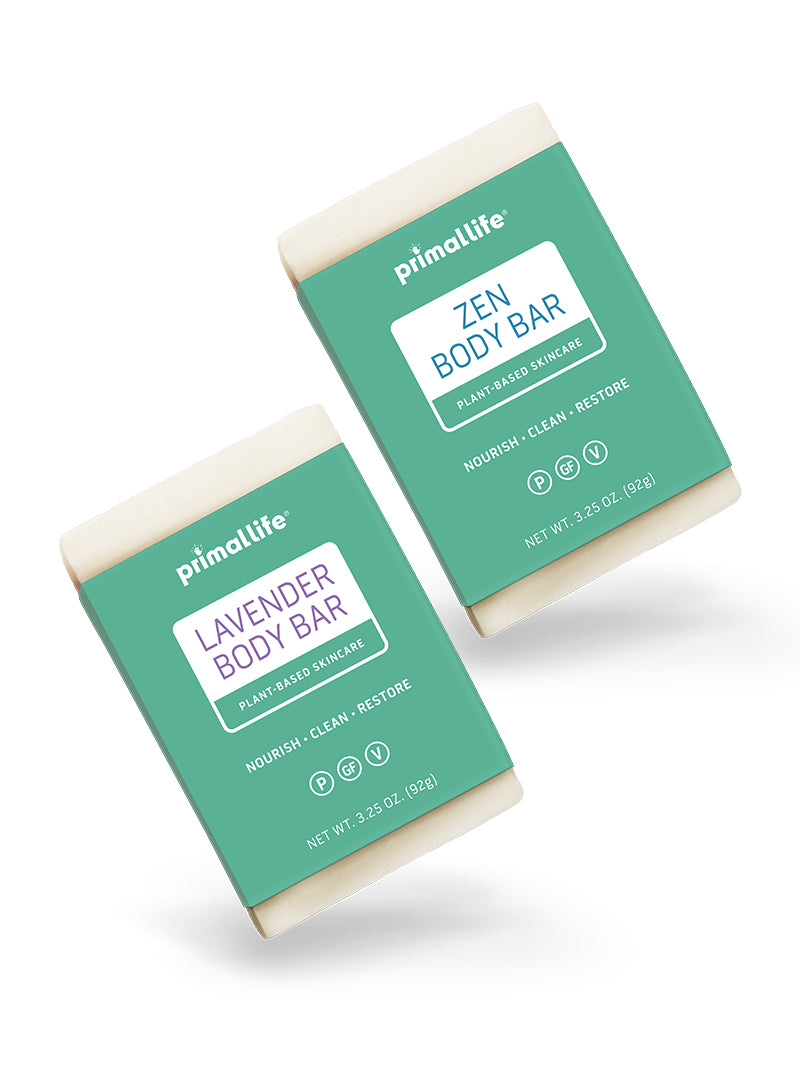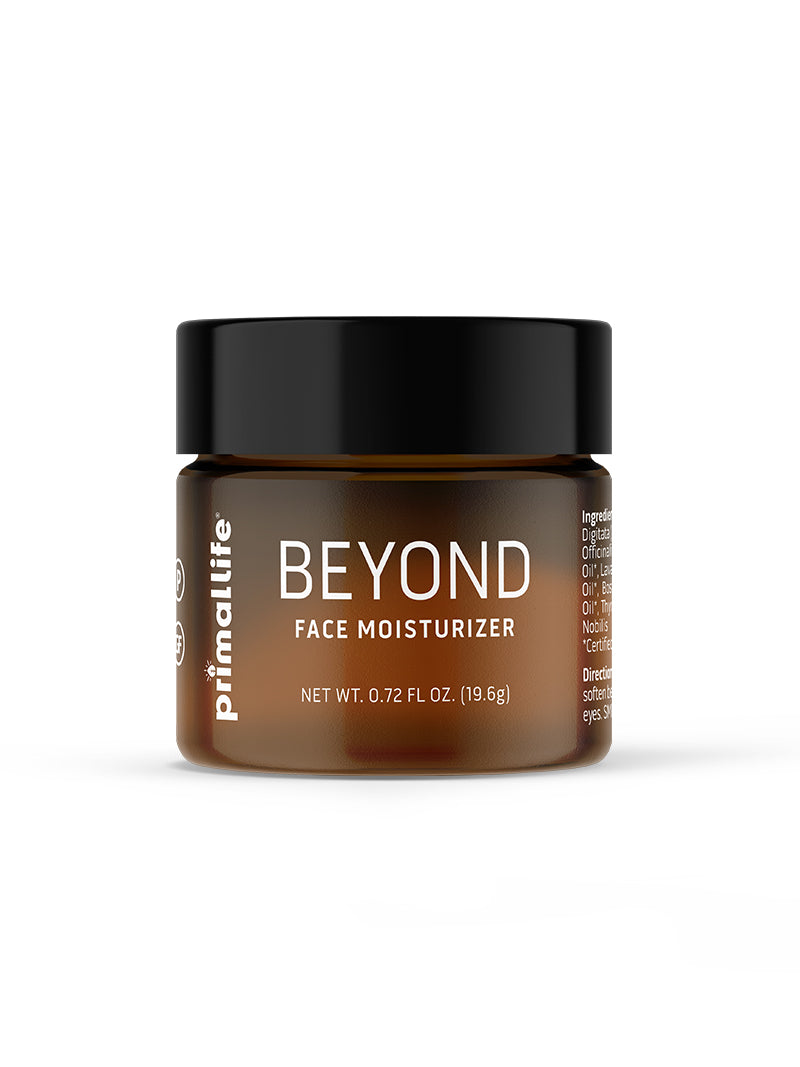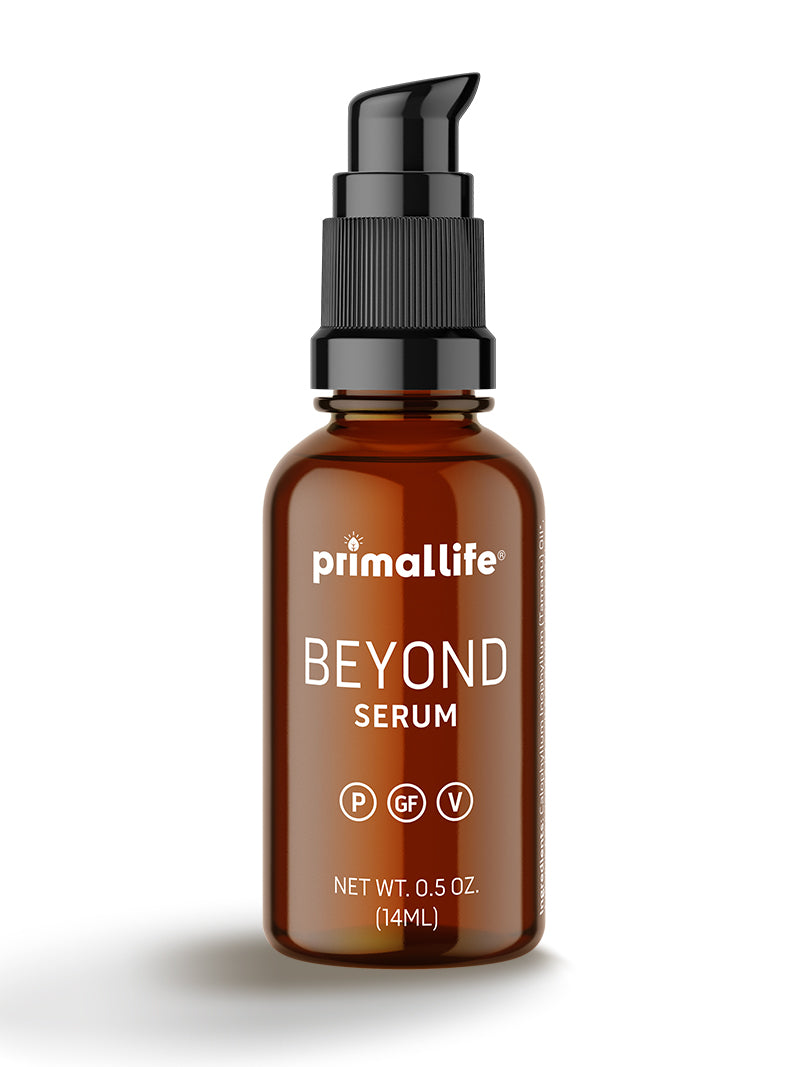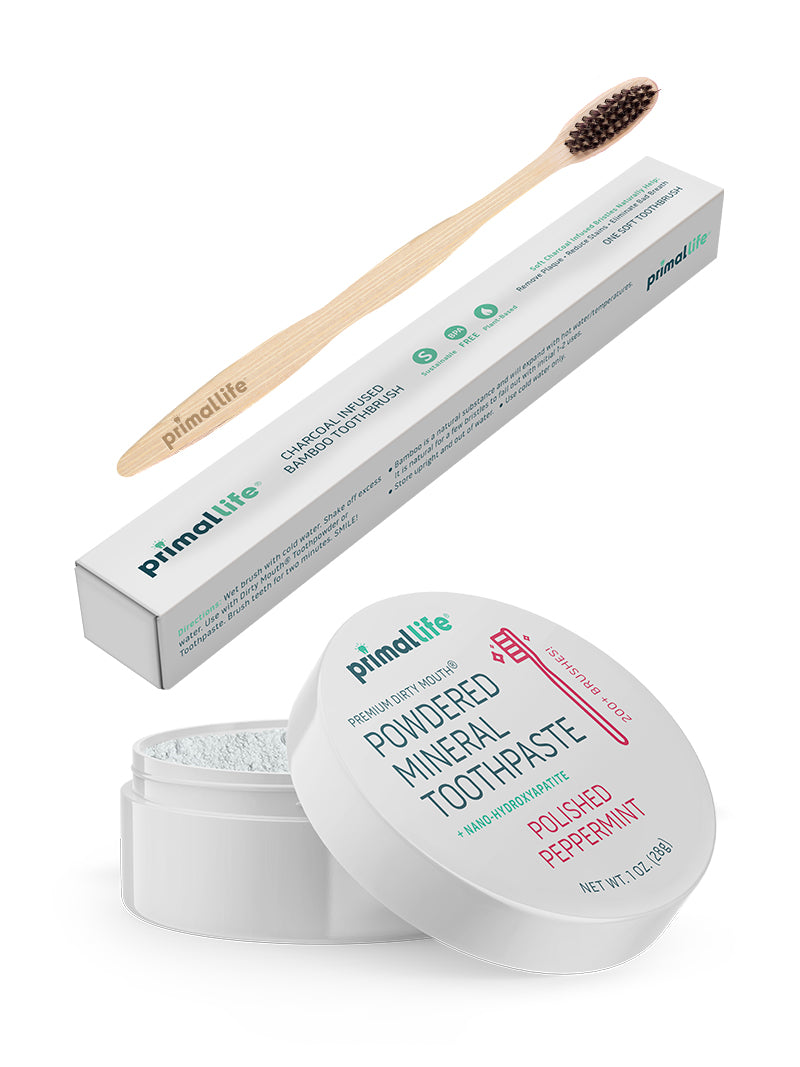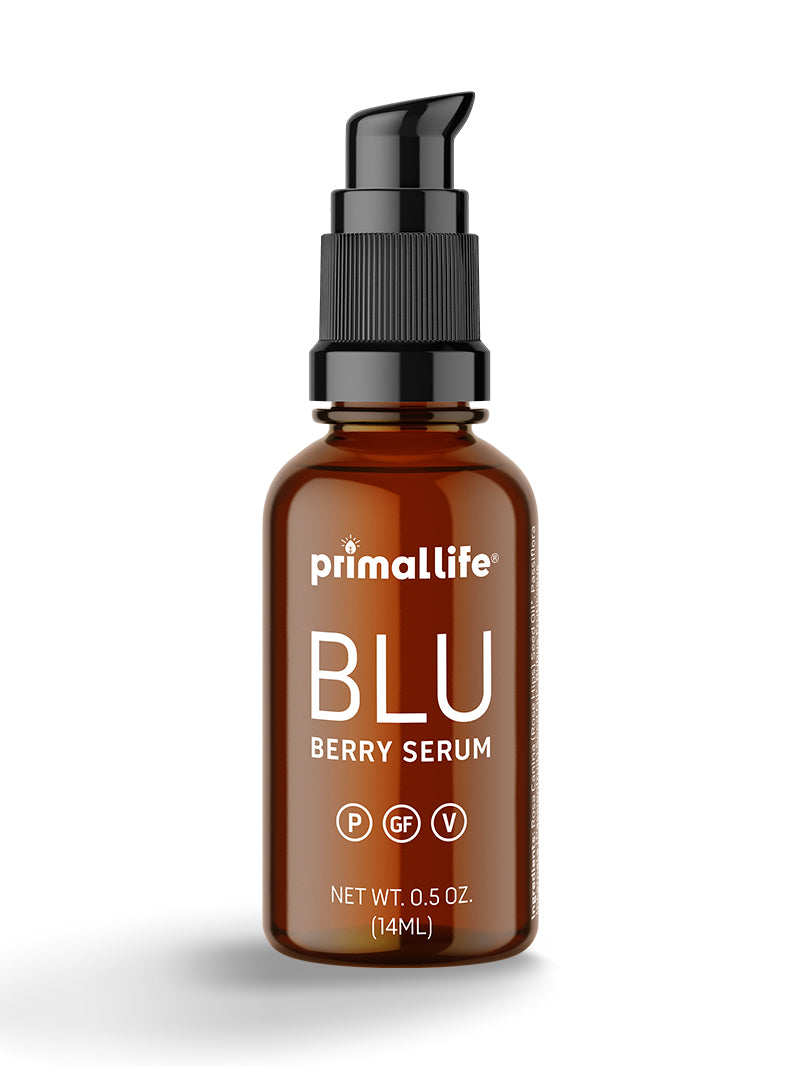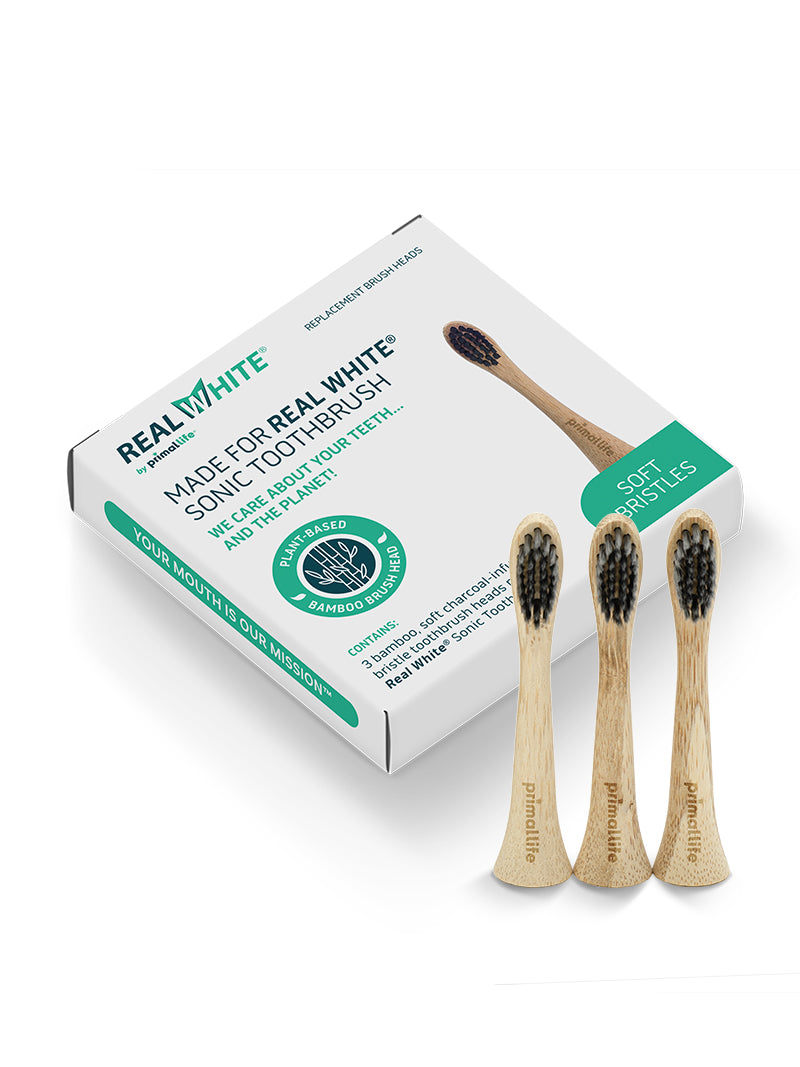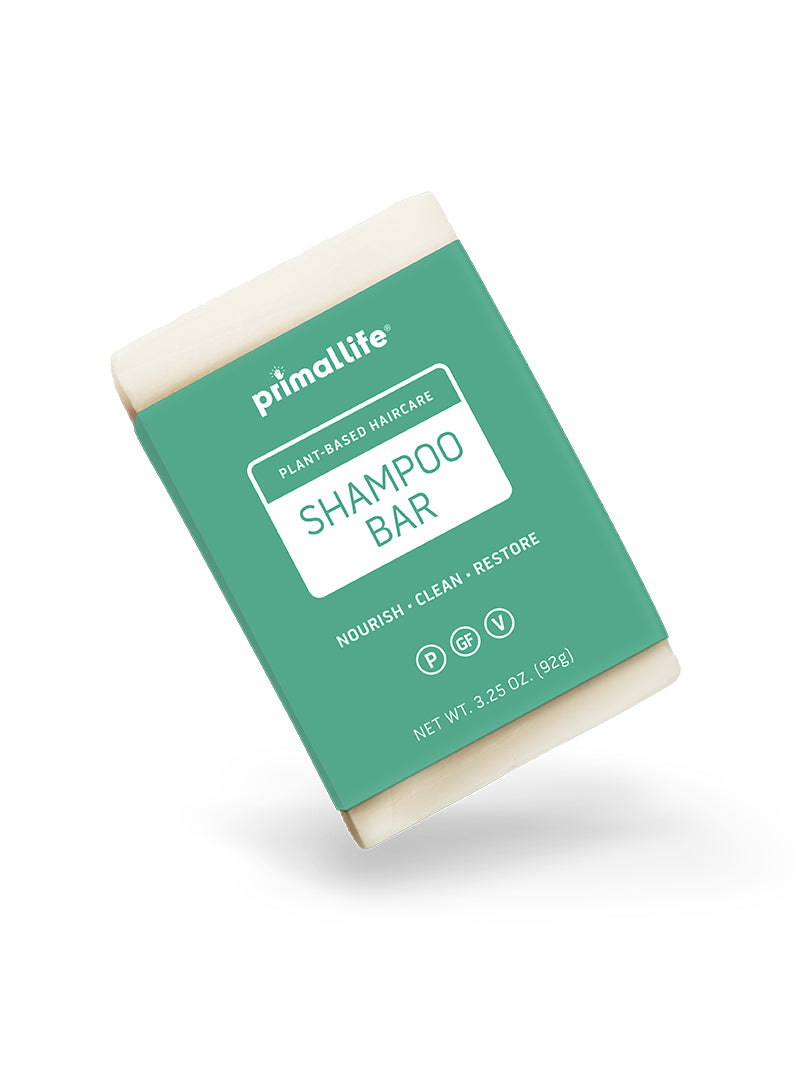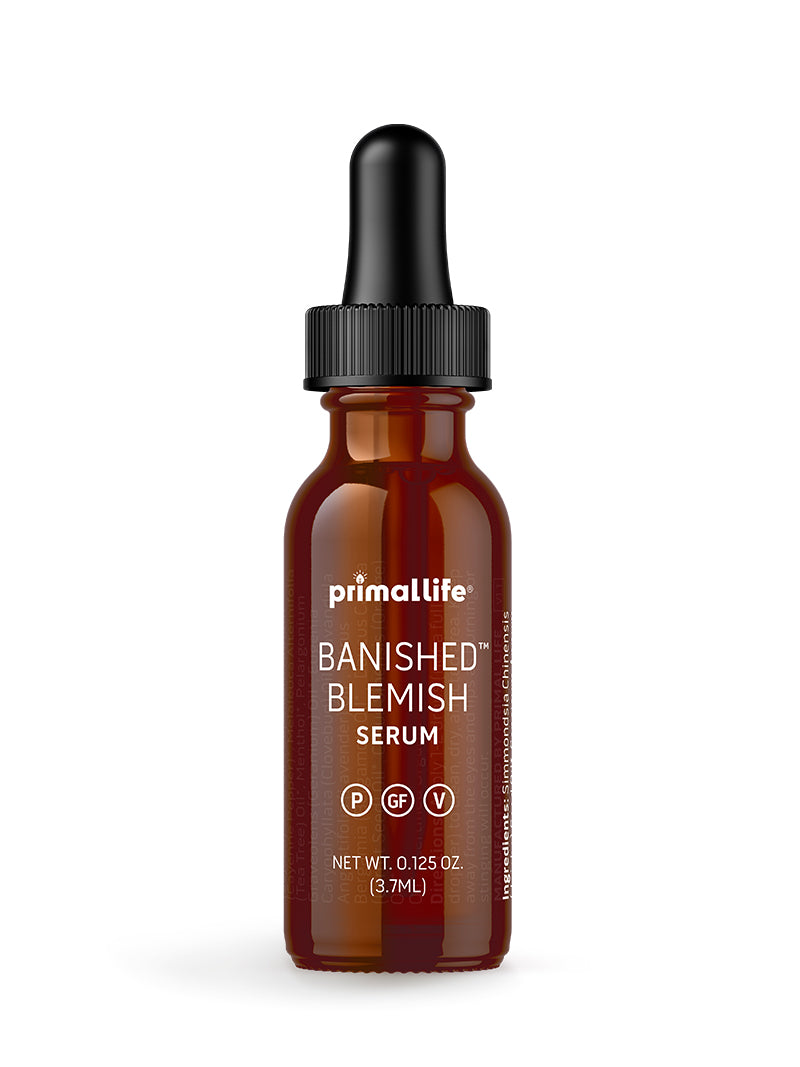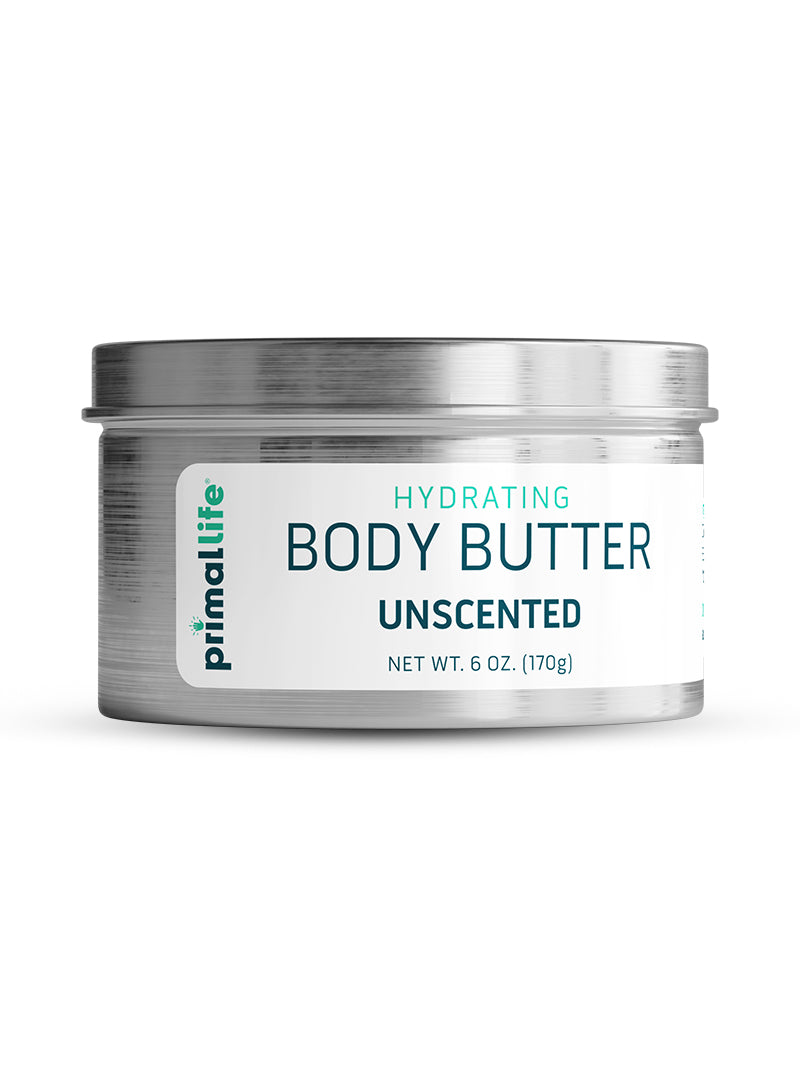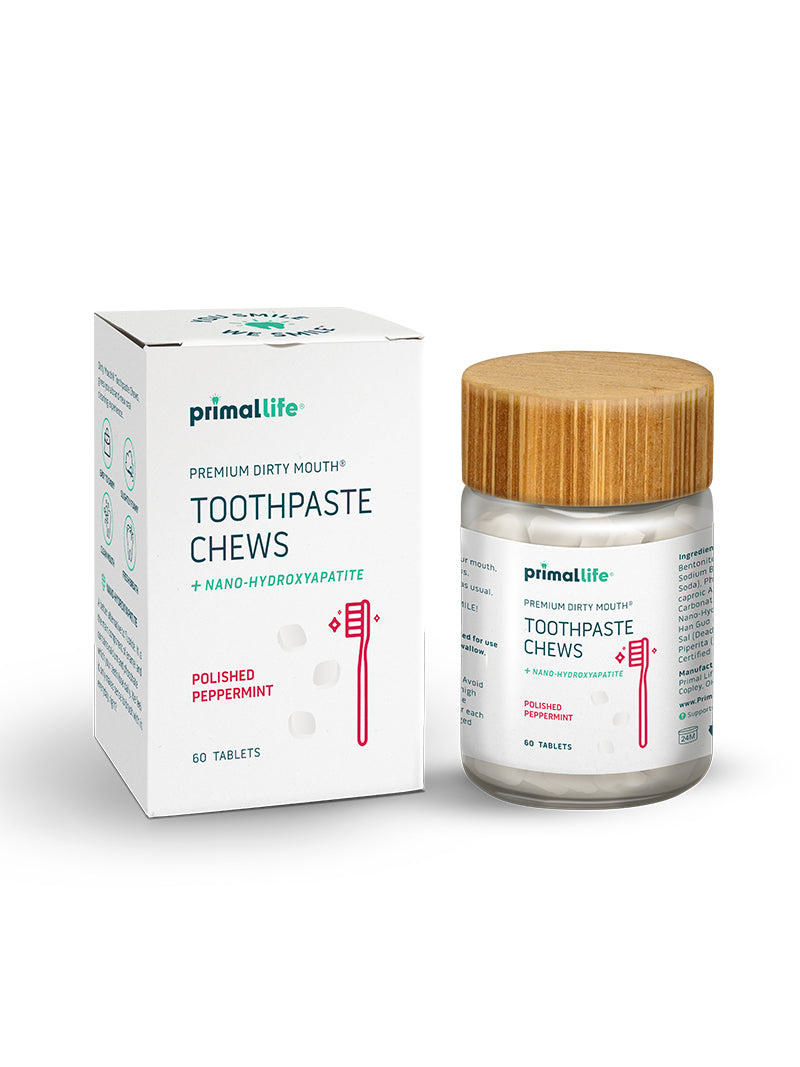Start Sweating Healthy: 6 Benefits of Aluminum-Free Deodorant

What’s your morning routine? You climb out of bed, brush your teeth, tame your hair, and get dressed. If you’re among the 95% of adults who wear deodorant, you also grab an antiperspirant and swipe it on your underarms.
Most of us consider deodorant an absolutely essential part of our morning routine. Honestly, leaving the house without deodorant can feel just as embarrassing as arriving to work without pants.
But there’s a major problem with this ritual. Deodorant itself isn’t dangerous, but the most common modern forms of deodorant, especially aluminum-based antiperspirants, are bad news. As a health-conscious consumer, you want — deserve! — to know what you’re putting on and in your body.
Aluminum-free deodorant is the best choice for your skin, your wallet, and your health.
The Problems With Normal Antiperspirant Deodorants
Take a look at your stick of deodorant. Chances are that it isn’t just labeled “deodorant,” but “antiperspirant and deodorant.” In other words, your deodorant doesn’t just deodorize the odor of your sweat; it stops you from sweating altogether.
That sounds like a great perk — no wet armpits on hot summer days! — but in reality it does your body a major disservice.
The Importance of Sweat
Sweating is more than just an inconvenience! It’s an essential body function. Two types of sweat glands exist all over your body. The first, eccrine glands, are spread over your forehead, arms, legs, and other common surfaces. Eccrine glands cool your body by producing the clear, salty, odorless sweat you’d expect to feel dripping down your face during a 10-mile run.
It’s the second type of sweat glands, the apocrine glands, that cause trouble. Apocrine glands are concentrated in areas of dense hair growth like your armpits, and instead of releasing clear, odorless sweat, they produce a thicker type of sweat into nearby hair follicles. The dark and moist environment of your underarms is a haven for bacteria. As your body temperature rises, those bacteria break down your sweat into substances like thioalcohols that carry rather unpleasant odors.
Despite the embarrassment of body odor, sweating is still a critical body function. In addition to lowering your core body temperature, sweating also flushes toxins from your body and purges your pores. Research even shows that some toxins are only released through sweat, not blood or urine. When your antiperspirant stops that sweating process, your body can’t purge toxins. Toxins stay trapped in your tissue and ultimately travel into your lymph nodes and trigger cellular damage.
Antiperspirant Deodorant Danger #1: Aluminum
When deodorants double as antiperspirants, they use aluminum compounds like aluminum chlorohydrate and aluminum zirconium to block sweat production in your underarms by plugging your sweat ducts. The FDA has approved a total of 18 aluminum-based ingredients for use in antiperspirant products, making it very easy for manufacturers to formulate and sell these dangerous products.
Unfortunately, research links aluminum to a range of diseases like Alzheimer’s and cancer.
Every mainstream antiperspirant company denies the link between aluminum and serious health conditions based on the assumption that skin creates an effective barrier to the absorption of aluminum. However, this assumption has very little data to support the claim. Instead, a growing body of research demonstrates the correlation between the use of aluminum deodorant and chronic health problems.
Aluminum Is Linked to Breast Cancer
The use of aluminum-based antiperspirants has caused aluminum to be measured at higher levels in breast structures than in the blood. Such potent levels of aluminum are believed to trigger gene instability in breast tissue that may promote the growth of tumors and cancer cells.
Maybe this helps to explain why more than 40,000 women in the United States are expected to die from breast cancer each year. Considering that breast cancer has become one of the two most commonly diagnosed cancers among American women, we can’t ignore the potential common denominator of aluminum-based antiperspirant deodorants.
Aluminum Is Linked to Alzheimer’s Disease
Aluminum is also closely linked to Alzheimer’s disease and other forms of dementia. Research shows that aluminum functions as a neurotoxin in the following ways:
- Sneaks into the brain using other transport mechanisms
- Accumulates in selective tissues in the brain
- Promotes inflammation in the brain
- Causes cellular energy deficits
- Triggers neurodegenerative hallmarks that define dementia
Given all of this information, why is aluminum in deodorant at all? Manufacturers have convinced us that sweating is bad, and aluminum makes it possible to keep our armpits dry all day long. However, now you know the truth: sweating is essential to your health, and using a natural deodorant without aluminum makes it possible to benefit from your natural sweating process without getting stinky.
Antiperspirant Deodorant Danger #2: Triclosan
Triclosan is an ingredient added to many common consumer products, especially personal care products like deodorant and toothpaste. It’s so ubiquitous that 75% of the US population is exposed to triclosan on a regular basis! Manufacturers that use triclosan in their products claim that triclosan reduces or prevents bacterial contamination, but research shows that the dangers of triclosan outweigh any potential benefits.
Even the FDA has stated that triclosan is “not generally recognized as safe” due to insufficient proof of its long-term benefits, and in 2016 it was banned from soap products. However, triclosan still lurks in high concentrations in most personal care products. This should concern all of us considering the results of triclosan research:
- Levels of triclosan absorbed into human skin are comparable to the levels associated with mitochondrial dysfunction
- Triclosan may nurture antibiotic-resistant bacteria
- Triclosan can interfere with thyroid hormone production
Only a natural deodorant formulated without triclosan can protect your body from these serious health risks. This is especially important if you have young children about to hit puberty. Do you really want them slathering on an antiperspirant that has the potential to interfere with their hormone production and influence their health in the future?
Antiperspirant Deodorant Danger #3: It Makes You Smell Worse!
I know what you’re thinking — Uhh... what? My antiperspirant definitely doesn’t make my pits smell worse. But consider this — since normal antiperspirant deodorants use antimicrobial substances to kill bacteria and plug sweat glands, they disrupt the natural bacteria living in your underarms.
Sure, those natural bacteria cause your armpits to smell, but recent research suggests that interrupting armpit bacteria could make odors worse in the long run. As you kill bacteria and block sweat, you directly change the habitat of your armpit bacteria, potentially causing worse, even smellier bacteria to appear in response. (And nobody wants that.)
Studies have found that antiperspirants kill off less potent bacteria, which then allows aggressive and odor-intensive bacteria to dominate in their place. This creates a vicious circle of dependency on the products that cause your stink problem in the first place!
There’s only one logical solution: detoxify your sweat glands with natural deodorant. New skin cells take about one month to develop, so don’t be alarmed if it takes that long for all of your extra-smelly sweat and bacteria to work their way out of your body. If you can survive those few weeks, you’ll be able to enjoy the rest of your life using safe and effective natural deodorant.
The Six Benefits of Aluminum-Free Deodorant
By choosing a deodorant without aluminum, you can protect yourself from the many dangers of traditional antiperspirants and improve your armpit health. Consider these six incredible benefits of using a natural aluminum-free deodorant.
Natural Deodorant Ingredients Are Safe
I probably don’t need to remind you that aluminum, triclosan, and other common antiperspirant deodorant ingredients are bad news. Using a deodorant without aluminum automatically protects your body from the threats of Alzheimer’s disease, breast cancer, hormone disruption, and so much more.
Look for a natural deodorant with ingredients that enhance your health, like hemp seed oil, essential oils, activated charcoal, and coconut oil.
Cultivates Your Natural Biome
Your personal microbiome ecosystem is a vital part of your overall health. The microbiome of your armpits is created by the trillions of bacteria and other microorganisms that coexist peacefully. Unlike antiperspirants that disrupt your natural microbiome with toxins and chemicals that kill bacteria, a natural aluminum-free deodorant helps your microbiome thrive and supports the balance of healthy bacteria.
This is important because happy, healthy bacteria smell much better than angry and aggressive bacteria pushed out of balance. When you choose a natural deodorant that enhances your natural biome, you can sweat healthy and smell fresh.

Saves Some Money
You might not think that purchasing an aluminum-free natural deodorant can save you money, but it’s true. Most normal antiperspirants require 9 or 10 swipes per armpit to keep you dry and odorless, and you might even need to reapply halfway through the day. That means you go through a whole lot of deodorant each week and probably need to restock on a monthly basis.
A natural aluminum-free deodorant works differently. You only need 2 or 3 swipes per side to enjoy the best results and smell fresh all day. Why? The best natural deodorants only contain the active ingredients that work with your body to reduce odor, helping one single deodorant stick last two to three times longer!
Even if your natural deodorant does cost a few dollars more than your average commercial brand, you ultimately save money while also investing in your health and avoiding the consequences of toxic ingredients. Sounds like a win-win to me.
Helps the Environment
Hey, it’s not just your body that you care about; it’s the environment as well! Most of the best all-natural deodorants use packaging that support sustainability with renewable sources and recyclable materials. Cardboard containers in particular demonstrate a natural deodorant brand’s desire to maintain a smaller carbon footprint.
Becomes More Effective Over Time
Most people weighing the decision to switch to a natural aluminum-free deodorant are concerned about the efficiency of natural deodorant. If you’re one of them, you’ll be surprised to learn that natural deodorant is more effective than standard aluminum-based deodorant, as long as you give your body a few weeks to adjust.
When you start transitioning to natural deodorant, your pores and cells need a few weeks to detox aluminum, parabens, and other common chemicals lurking in your old deodorant. It takes time and patience, but it’s completely worth it in the end to enjoy a deodorant that delivers results without harming your health.
As your natural deodorant recalibrates your armpit biome, cultivates healthy bacteria, and enhances your overall wellness, you’ll notice the odor of your natural sweat diminish. The Stick Up natural deodorant even contains activated charcoal to help cleanse tissues and absorb 1,000 times its own weight in moisture! This absorbent shield between your skin and your shirt keeps your feeling drier, longer.
Natural Ingredients Can Improve Your Skin
You might like to flaunt your legs or your smile, but your armpits? Not so much. After slathering toxic deodorant on your armpits for the last few decades, your skin under there might be dry, damaged, or covered in razor burn.
Believe it or not, the nourishing ingredients in all-natural deodorant can improve the quality of your skin and help you feel a bit less dread when raising your arm to wave hello or finish a bench press. Ingredients like essential oils, hemp seed oil, coconut oil, and plant extracts will kill bacteria hiding in your armpits and keep your skin strong, healthy, and toxin-free.
Ingredients to Look for in Your Deodorant
Keep in mind that the term “natural” isn’t regulated by the FDA, so it’s easy for companies to claim their products are “natural,” even if they’re anything but. This makes finding the best natural deodorant tricky, so look for the following ingredients on the label.
Magnesium
Magnesium is one of the most essential yet underrated nutrients out there. It’s needed for more than 300 biochemical reactions, which means that magnesium deficiency causes a wide range of serious health problems. Believe it or not, low magnesium levels may even cause your sweat to smell worse.
By selecting a natural deodorant that contains magnesium, you effortlessly supplement your body’s magnesium, which helps fight pit odor internally. The more you use it, the better your body can fight internal odor. Applying magnesium-based deodorant directly on your pits also fights odor externally by killing bad bacteria, all without the risks involved with aluminum and other toxic ingredients!
Zinc Oxide
Zinc oxide is a mineral that’s popular as an alternative to triclosan and baking soda in natural products like sunscreen, diaper cream, and shampoo. It works externally by converting the short fatty acids that produce odor-creating bacteria into odorless zinc salts. This safely creates a protective barrier on the skin and reduces odor-causing bacteria by minimizing the growth of new bacteria.

Kaolin and Bentonite Clay
Kaolin clay is a very gentle clay with absorptive properties that pull impurities from the skin without over-drying. It even stimulates circulation to enhance healing of the skin. A natural deodorant containing kaolin clay will leave your armpits feeling silky smooth.
Bentonite clay is another awesome ingredient to find in your deodorant. Bentonite clay is a soft clay composed of aged volcanic ash. Like most powerful natural remedies, bentonite clay has been used since ancient times to protect the body from disease and injury. Several native cultures living in Central Africa, Australia, and the Andes rely on bentonite clay to address health concerns and detoxify the body.
More than anything else, the impressive power of bentonite clay comes from its negatively charged molecules. Those molecules attract positively-charged toxins and heavy metals. This makes it possible for bentonite clay to latch on to dangerous toxins and draw and push them out of the body.
This ingredient does more than detoxify, too! It also functions as a barrier on the skin by preventing toxic compounds from entering while moisturizing the affected skin.
Activated Charcoal
Activated charcoal is an exciting ingredient to find in your deodorant! This porous natural substance acts like a filter to absorb anything toxic in your body. Its negative charge immediately attracts positively charged molecules like toxins and gases.
Hemp Seed
Hemp seed is the newest ingredient in my Stick Up natural deodorant, and I’m pretty excited to share it! Hemp seeds are the seeds of Cannabis sativa, the hemp plant. The powerful fatty acids found in hemp seeds can enhance the immune response of your body and relieve dry, itchy skin. It even fights odor to keep you smelling lovely!
The Bottom Line
Why risk your health with aluminum-based deodorants, when natural aluminum-free deodorants offer so many benefits? The right combination of natural and super effective ingredients creates the results you want without the threats posed by toxic ingredients. I sweat healthy — and now you can too.
Primal Life Organics offers a line of hand-crafted natural, aluminum-free deodorants that fight stink, inflammation, and bacteria to give you the freshest pits ever. Don’t let your commercial deodorant get the best of you!
Resources:
1. https://www.livescience.com/26351-no-smell-gene-wear-deodorant.html
2. https://jamanetwork.com/journals/jama/article-abstract/241704
3. https://www.ncbi.nlm.nih.gov/pubmed/21057782
4. https://www.accessdata.fda.gov/scripts/cdrh/cfdocs/cfcfr/cfrsearch.cfm?fr=350.10
5. https://www.amjmed.com/article/S0002-9343%2804%2900694-1/fulltext
6. https://www.sciencedirect.com/science/article/pii/S0162013413001608
7. https://www.breastcancer.org/symptoms/understand_bc/statistics
8. https://www.ncbi.nlm.nih.gov/pubmed/21157018
9. https://universityhealthnews.com/daily/memory/aluminum-linked-to-alzheimers-disease/
10. https://www.ncbi.nlm.nih.gov/pubmed/29182464
11. https://www.fda.gov/Drugs/DrugSafety/InformationbyDrugClass/ucm445063.htm
12. https://www.ncbi.nlm.nih.gov/pmc/articles/PMC6126357/
13. https://www.fda.gov/ForConsumers/ConsumerUpdates/ucm205999.htm
14. https://www.realclearscience.com/blog/2014/08/antiperspirants_alter _your_armpit_bacteria_and_could_actually_make_you_smell_worse.html
15. https://pdfs.semanticscholar.org/09e9/212f610dcda65cd5ef54e92a711cea84372e.pdf
16. https://www.ncbi.nlm.nih.gov/pmc/articles/PMC5632318/



